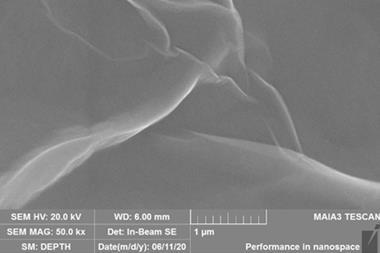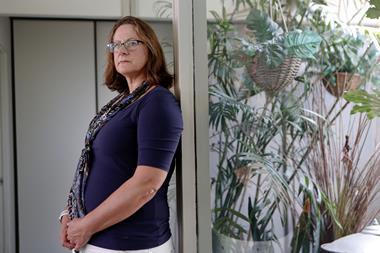The Committee on Publishing Ethics (Cope) is urging immediate action to tackle the threat posed by paper mills, which it says are ‘polluting’ the scholarly record with fake research articles. Paper mills are third-party companies that produce and sell falsified research papers and authorship spots.
Cope, which is charged with defining best practice in the ethics of scholarly publishing and has a code of conduct it expects publishers to follow, issued its position statement on paper mills on 19 January. The statement coincides with a separate declaration on paper mills that was released by United2Act, a group of international stakeholders working together to tackle the problems created by paper mills. The United2Act statement, signed by more than a dozen organisations involved in scholarly publishing, including the Royal Society of Chemistry (RSC), called paper mills a danger to the integrity of the scholarly record and said collective action is needed as no individual stakeholder can solve this problem alone.
Specifically, the United2Act statement recommends key collaborative actions to help address the problem of paper mills, including creating new educational resources to raise awareness about paper mills among researchers, journal editors, reviewers and publishers. It also calls on these stakeholders to: speed up post-publication corrections of the literature when misconduct is discovered; organise research on paper mills with a focus on regional and subject specific aspects; and work to develop new tools to verify the identity of authors, reviewers, and editors.
’We’re proud, both that the Royal Society of Chemistry is a signatory of the United2Act Consensus Statement on action against paper mills, and that we’ll be playing an active role in two of their working groups,’ says RSC publishing ethics specialist Anna Pendlebury. ’The presence of paper mills erodes trust within academic communities as it becomes more challenging to distinguish between genuine research and papers produced by paper mills.’
Pendlebury adds that paper mills pose a real threat to scholarly publishing, and that addressing this requires collaboration between multiple stakeholders. ’By working together, the scholarly community can address and mitigate the threat of paper mills and uphold the integrity of scholarly publishing,’ she says.
According to a recent estimate by Nature, hundreds of thousands of paper mill publications have infiltrated the world’s scientific literature. A recent investigation by Science and the Retraction Watch website has uncovered apparent cases of bribery in which rogue editors were reportedly paid to accept fake papers produced by paper mills.
Update: This story was amended on 25 January 2024 to include Pendlebury’s comments.

















1 Reader's comment